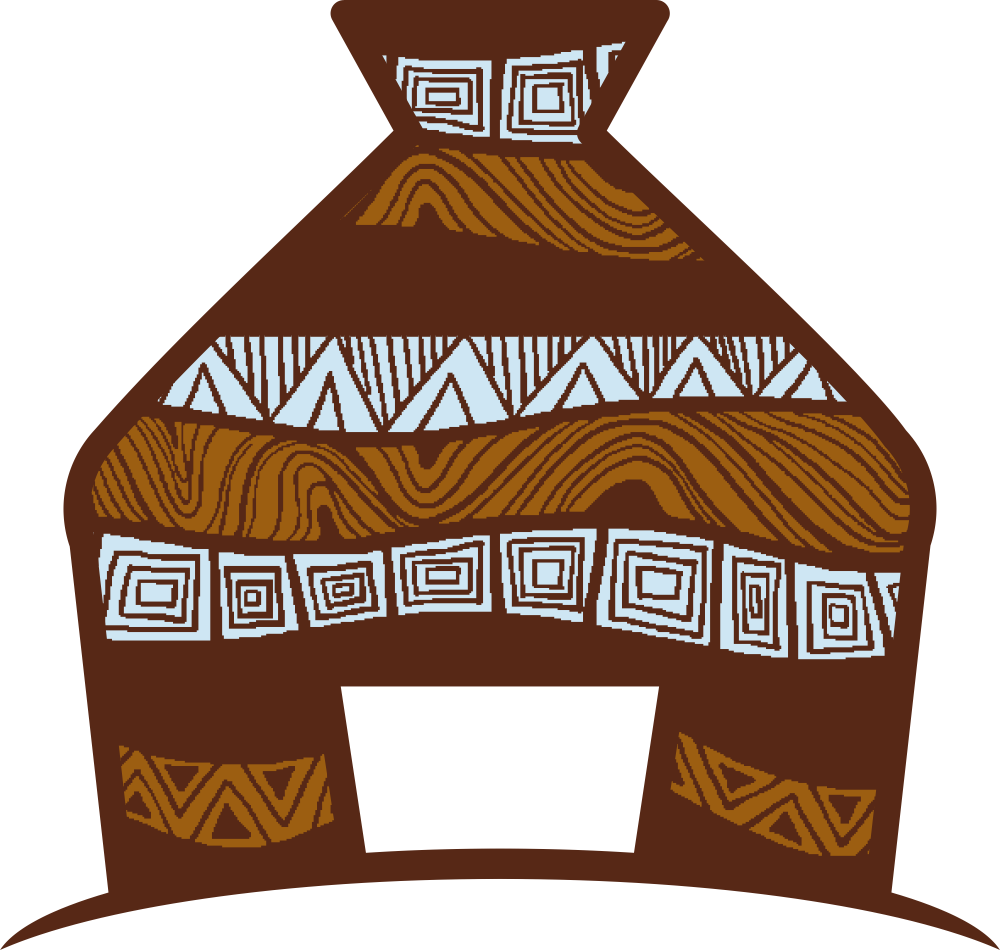Orjighigh Alôm

Stories are powerful. They have the power to, among other things, shape perceptions about people, things, and places. As Achebe rightly affirmed, until the lions have their historians, the story of the hunt will always glorify the hunter.
Africans, of all the peoples of the world, have perhaps suffered most from the grotesque distortions and blatant misrepresentations contained in stories, be they supposedly factual accountings or fictive narratives. One of such misrepresentations, contained in Joseph Conrad’s Heart of Darkness, was a step too far for Achebe, becoming one important reason he wrote Things Fall Apart, a book The Atlantic rightly describes as “a rumination on the power stories have to create a sense of dispossession or to confer strength, depending on who is wielding the pen.” 1
Achebe set out to present an accurate picture of the Africa he was born in, lived in, and knew. He told of Africa from the perspective of an African, not racist Europeans or Americans bent on proving the superiority of their races by casting Africans as savages no different from animals. Remarkably, what makes Things Fall Apart such a great book is the fact that even in its attempt to humanise Africa, it doesn’t succumb to the temptation of idyllistically idealising Africa. In Achebe’s story of Africa, one finds an Africa in all its glory and charm, but also with its shortfalls and imperfections. This is as the African story must be told.
As African tellers of stories – in writing, film, visual art, etc. – one of our greatest responsibilities is telling our stories in a way that captures our experiences, whether universal or peculiar, in a way that does not debase us as a people on the one hand or romanticise the continent on the other hand. Nollywood has for the most part been doing more of the former than the latter. Of the unbroken stream of films released weekly which make it the second largest film industry in the world by volume of output, most of them are jaw dropping caricatures of the African experience. Asides quality that is often times terribly poor, the storylines are equally shallow. Two of the most common of these are a prince falling in love with a beautiful poor maiden (or a beautiful princess falling in love with a poor young man), or variations of witchcraft and occultism.
The same can be said of literary exports from the continent. Running themes in African writing include a romanticisation of poverty, glorification of the diaspora and all things white, among others. These things are part of the African experience, no doubt, but to make them the greater part of the African experience for export is doing us more harm than good. These exports constitute the only picture some people outside the continent will ever see of the continent. For a large number of people outside the continent, Africa will be seen only through the construction of the place and people gotten from the stories told of it.
More African creatives are realising the power they wield through their stories and have accordingly made conscious efforts to tell balanced stories of the various experiences of the African people. Writers are now charting new courses, exploring new territories in arts, and generally telling African stories that have been formerly untold or telling old stories in better light. This should be the responsibility of every African storyteller, no matter the medium.
Being an African storyteller comes with an assignment. Africa’s image has been battered by first, outsider stories, and then distorted insider stories, but now is the time to reclaim the dignity of Africa through the same medium of stories. Let us write of the Africa we know, see every day, feel every waking moment, and breathe in with every breath, with all its curves and edges. Let African writers confer strength on Africa with the pens they wield. It is time to tell of African resilience, courage, spirit, strength, and hope even in the midst of the myriad of challenges we face. Because our stories count, our stories matter.
1 https://www.theatlantic.com/magazine/archive/2000/08/an-african-voice/306020/



this is profound. I felt so uplifted rediscovering my assignment.